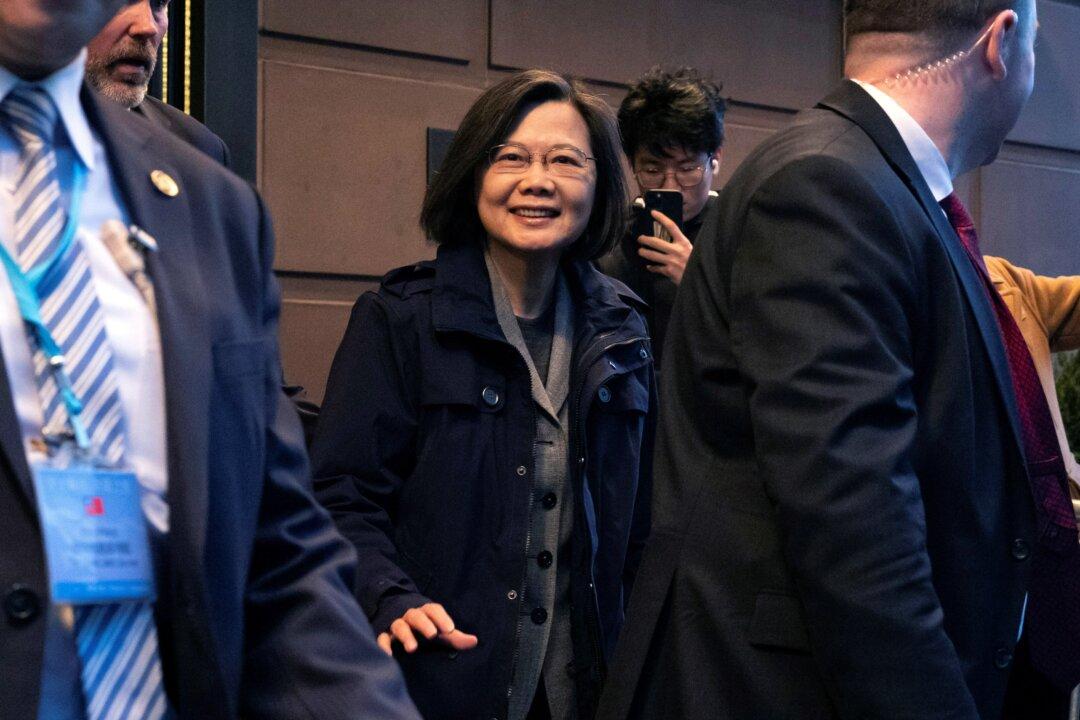The governments of Belize and Guatemala have reaffirmed their diplomatic support for Taiwan during talks with the Taiwanese leader amid the Chinese Communist Party’s (CCP’s) threats against the self-ruled island.
Taiwanese President Tsai Ing-wen arrived in Belize on Monday, the final stop of her 10-day trip to Central America, where she met with Belizian Prime Minister Johnny Briceno for bilateral talks.





